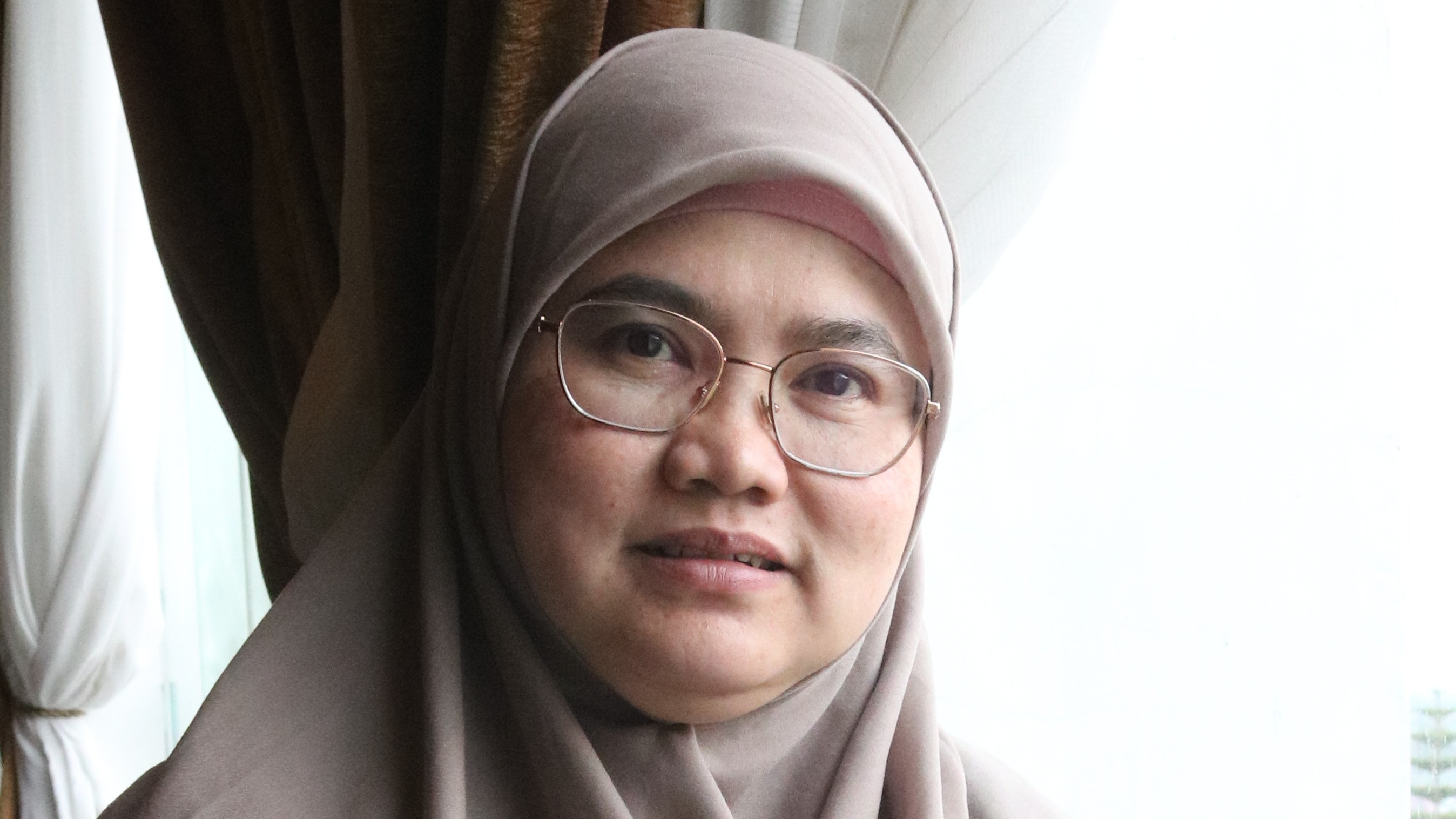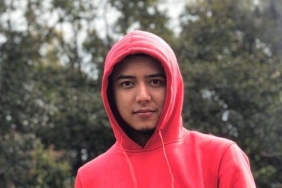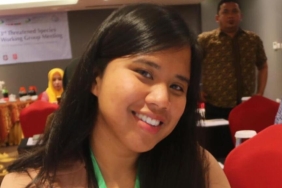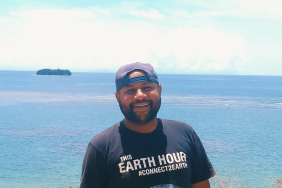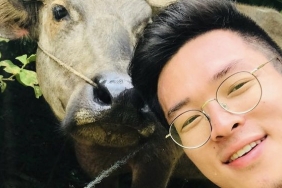SHARING KNOWLEDGE TO MOTIVATE PANDAS TO INNOVATE
By: Chik Rini
Chik Rini, or commonly called kak Chik has been contributing to WWF for more than 10 years. She started as a Communications officer, providing support for WWF's conservation work in Aceh. In 2015 WWF began to pay great attention to the problem of human-animal conflict, especially Sumatran elephants, especially in the Peusangan Watershed (DAS) by encouraging the best solution so that humans and elephants can coexist.
Kak Chik's interest in environmental issues has been embedded since studying at the Biology Department of Siah Kuala University in Banda Aceh. For him, it is an honor to work at WWF Indonesia because it is in line with his life passions of working in nature and loving animals. He has been a cat lover since childhood. In 2013, Kak Chik met an orphaned baby elephant named Raju who was abandoned by his mother and cared for by villagers in North Aceh. Unfortunately, Raju eventually died. From there, Kak Chik fell in love with elephants and felt he had to do something to help elephants in the wild so that no more baby elephants would suffer the fate of Raju.
Elephant and human conflict is a serious problem in Aceh, every year there are reports of elephants being poisoned to death, or people being attacked by elephants. Not to mention the damage to gardens and houses because elephants come to the village to eat the crops planted by residents. Elephants are considered a nuisance pest.
In 2015, together with the WWF Indonesia team, he began visiting villages in conflict with elephants. Kak Chik began to create campaigns and assist the community so that they understand how to manage the presence of elephants so that no losses occur when elephants enter the village. Kak Chik focused on human-animal mitigation issues. Villages began to be encouraged to manage animal habitats, minimize conflicts, and strengthen community groups, such as village patrol groups and stop the destruction of animal habitats.
Chik Rini feels fortunate to work with a team that has long-standing knowledge and experience in human-wildlife conflict mitigation at WWF. For her, the experience of working at WWF greatly strengthens the knowledge and practices that have been tested in the field. WWF also works with scientific data that is based on strong knowledge, has developed many practices from the past and tested by experts. This makes the learning process and knowledge transfer can run quickly among the WWF team. Chik Rini learned a lot from WWF seniors who are already experts in elephant conservation issues.
This process makes the organization grow as an institution that works on environmental issues with more strength. Ka Chik and friends in Aceh can learn a lot from friends outside Aceh by sharing experiences and knowledge. From the beginning Ka Chik has experience from 0, now he has shared knowledge with friends in Aceh and at the Sharing Session (Conservationology) event with WWF-ID friends. Sharing knowledge encourages Ka Chik to learn more.
The benefits of sharing knowledge make us stronger as a unit. WWF's extensive network makes knowledge distribution in many places. The knowledge bank in WWF is already large coupled with good communication media, so finding information and learning in WWF becomes faster.

